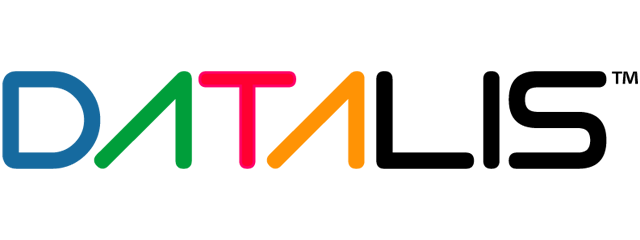Through our LEARN and WORK events, the DATALIS team and our 100+ contributors have explored professional education in libraries and explored problem spaces and potential solutions. As we move into DEVELOP we have refined and consolidated Problem statements so that they can serve as the foundation for the next phase of design thinking.
To analyze these problem statements we started by roughly categorizing the problems from our WORK sessions into categories.
| Problem category | # of WORK problem statements |
| Advocacy | 1 |
| Creating capacity | 5 |
| Communication | 1 |
| Experiential learning | 2 |
| Hiring practices | 1 |
| Increasing diversity | 2 |
| Increasing DEI awareness | 1 |
| Mentorship | 2 |
| Professional organizational value | 1 |
| Resourcing for professional development | 3 |
| Skill development / Skilling up | 4 |
| Grand Total | 23 |
Based on these initial categories the research team studied the problem statements and synthesized statements to create a refined set to serve as the foundation for our DEVELOP workshop:
| Problems created through analysis of WORK data |
| Problem: How do we help LIS professionals and students, advocate for the field and their own skills to emphasize the importance of information science globally? Categories: Advocacy, LIS skills |
| Problem: How might we help library leadership create opportunities for play and skill development as part of work to enable future success, increase job satisfaction, and improve workplace culture? Categories: Creating capacity |
| Problem: How might we help library learners define, explore and iterate their own learning journey to cultivate a culture of learning for organizational health and professional joy? Categories: Creating capacity, Job satisfaction |
| Problem: How does the library improve outreach and communication to learners so that they are more informed about professional development opportunities? Categories: Communication and outreach |
| Problem: How might we enable LIS students to pursue more opportunities in their early careers in order to build their self-confidence, increase empowerment and help them build professional networks? Categories: Experiential learning, Early Career |
| Problem: How can we modify library approaches to recruitment to create pathways that build a more diverse workforce? Categories: Hiring practices, Increasing Diversity |
| Problem: How can we help library workers incorporate Diversity, Equity and Inclusion lenses into their professional development work to create a more inclusive work environment and positively impact services for library users? Categories: Increasing DEI awareness |
| Problem: How might we create mentorship opportunities that support library workers at every stage of their career and help them meet the constantly changing needs of users? Categories: Mentorship, Early Career, Mid Career, Late Career |
| Problem: How might we help library workers in under-resourced communities access learning and experiences that address the specific challenges they face to improve these career pathways? Categories: Creating capacity, Under-resourced communities |
| Problem: How might we help library/information workers and graduate students build skills in fields connected to their work (e.g. data science, community organizing, sustainability) in order to advance their career in meaningful ways? Categories: Skill development / Skilling up, Connected disciplines |
| Problem: How might we better develop management and leadership skills in library workers to improve organizational culture and effectiveness? Categories: Leadership development |
